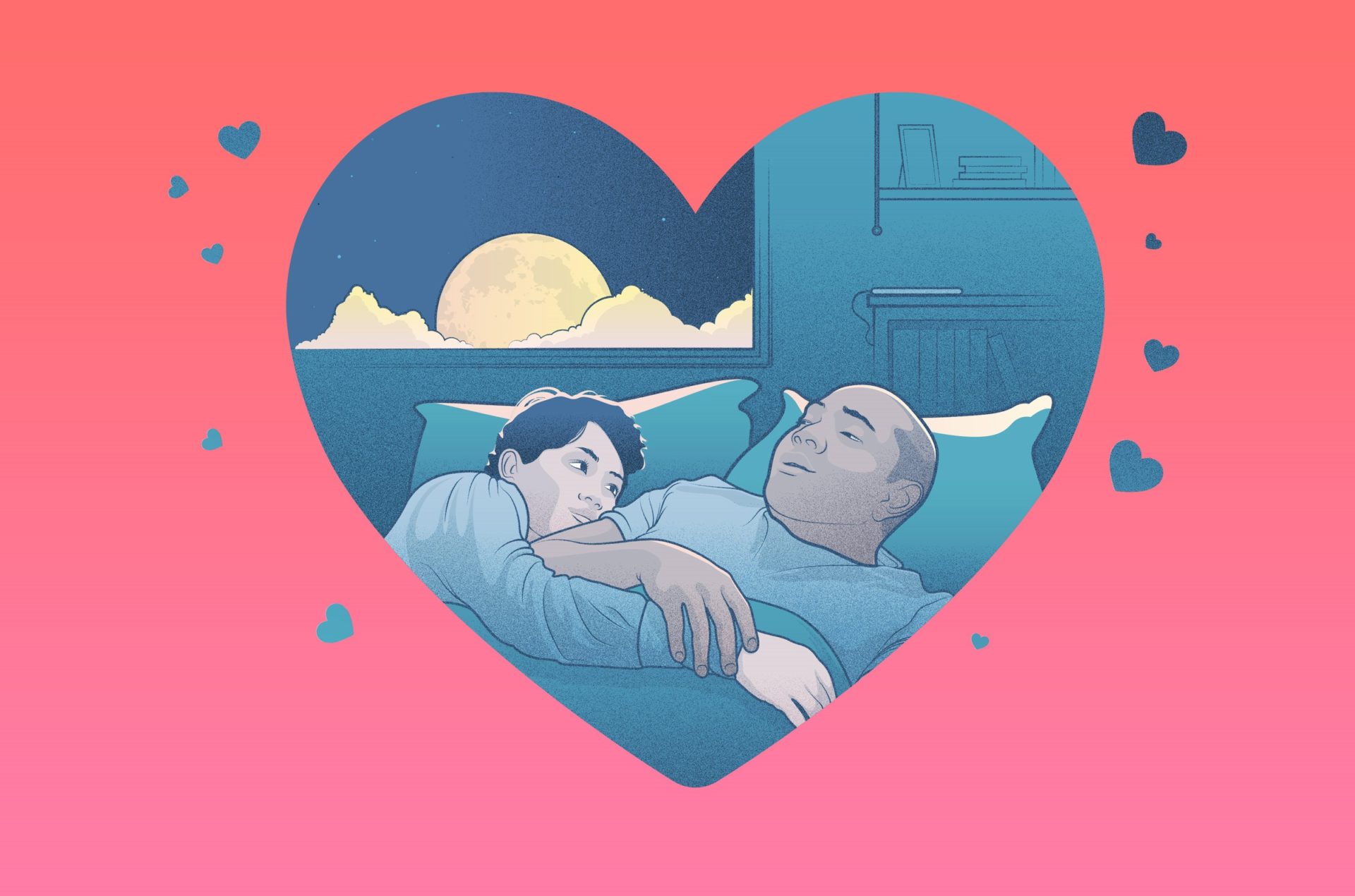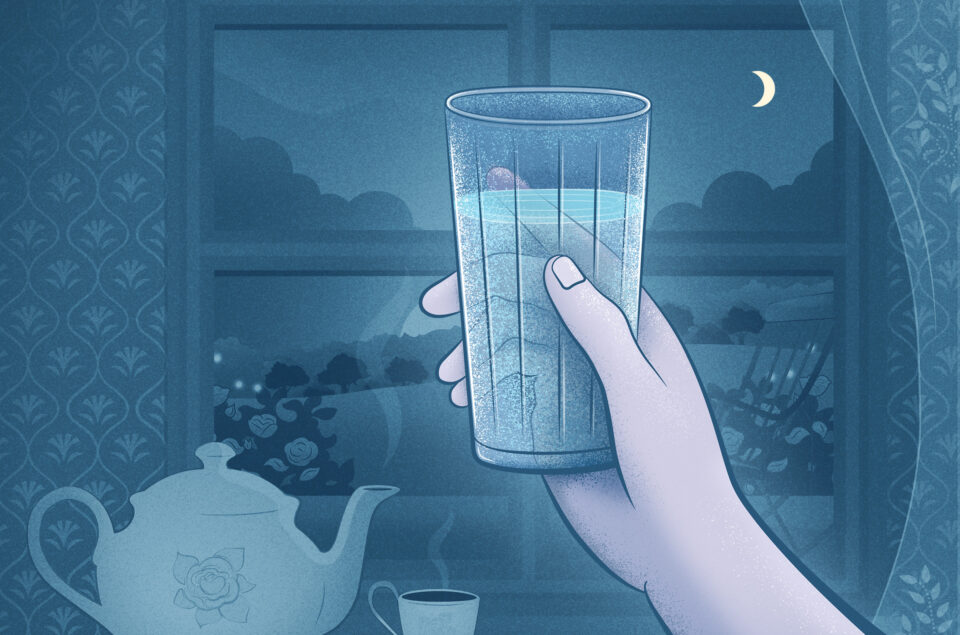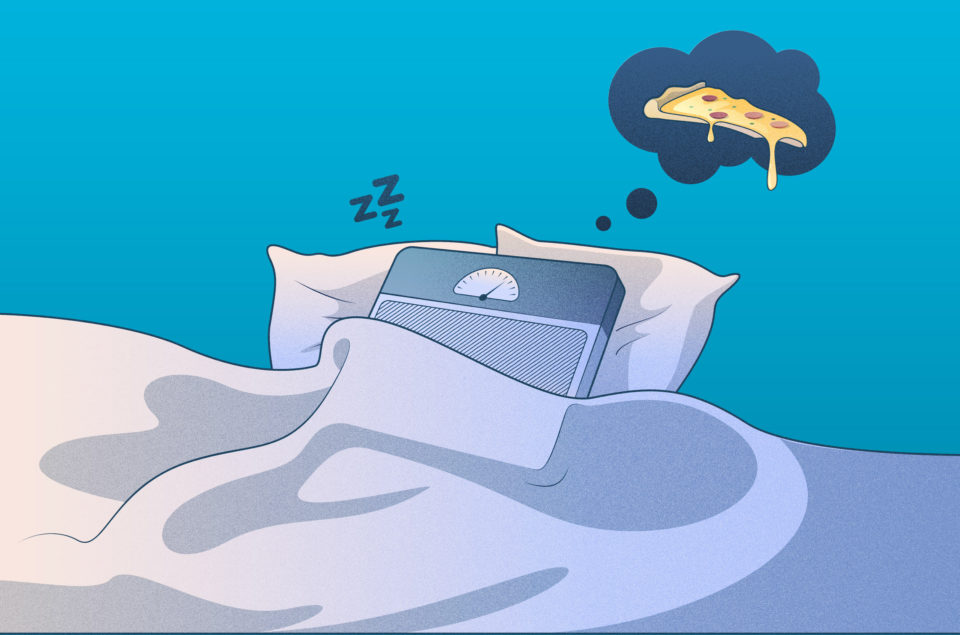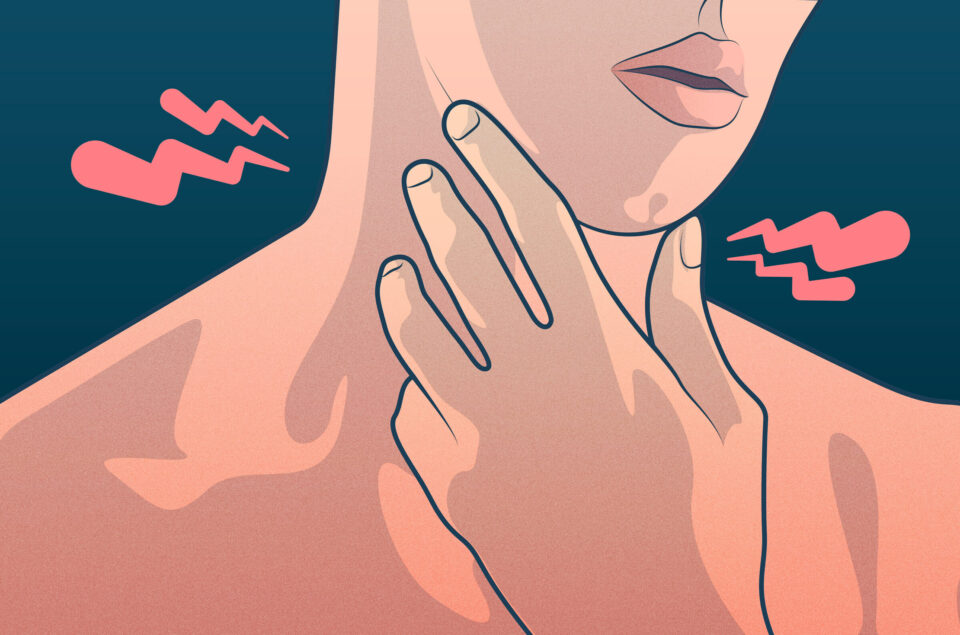Valentine’s Day is the time for romance and expressions of love. Poets, writers and musicians have ruminated on the mysteries of the heart and sexual desire for time immemorial.
Sleep researchers are getting in on the act too, focusing more attention on the science behind the connection between sex and sleep. While there’s still much to learn, the consensus so far is that sex might be good for sleep.
What’s behind the connection between sex and sleep?
Researchers believe that chemicals produced during sexual activity are related to better sleep. The chemicals produced in the brain during sex – particularly during satisfying sex – may be part of an underlying neuro-hormonal mechanism that facilitates sleep after sex.
The hormonal cocktail that becomes elevated during sex includes oxytocin which has been associated with improved sleep quality. Sex reduces the stress hormone cortisol in both men and women, which is a known sleep inhibitor. Prolactin, also courtesy of the pituitary gland, is associated with sexual satisfaction and better sleep. Notably, the more satisfying the sexual activity, the more prolactin you produce.
Other chemicals like dopamine and progesterone are linked to feelings of sleepiness and relaxation following sexual satisfaction. A 2016 study concluded that women, in particular, can benefit from the sleep-inducing qualities of sex as a “possible alternative or addition to other intervention strategies for insomnia.” Talk about the love doctor to the rescue!
The Big O, and other awkward topics
As you might imagine, a scientific study of sexual activity and its measured effect on sleepiness, sleep quality, and sleep latency in a laboratory setting poses some… challenges. Although many sleep labs today are designed to be as homelike as possible to mitigate the feeling of being studied, nothing kills the mood quite like an observant researcher in the background.
To overcome some of the more mechanical issues around how sex and sleep are studied, a 2019 study set out to explore how men and women perceive the connection between sex and their sleep. Of the 778 participants, 63% perceived improvements in their sleep quality and 59% found improvement in their sleep onset when they had sex with a partner. Men, in particular, were more likely to notice sleep improvements.
Can sex make it more difficult to sleep? Possibly, for some. In all, 11% of women in the study perceived that sex worsens sleep onset compared to 4% of men.
It also turns out that not all sex is created equal. Orgasms, yup, those are important too. The research tells us that sexual satisfaction matters when it comes to sleep because they factor into the post-coitus hormone response.
Researchers in Australia found 60% of adults in their study reported sleeping better after climaxing. Sleep researcher Dr. Michele Lastella out of CQUniversity explores the idea of sex as a form of sleep therapy. He points to a finding that indicates for every extra hour of sleep a woman gets, she has a 14% increase in likelihood of engaging in sexual activity with her partner the next day. Good sleep promotes a healthy sex drive which leads to more sex, which promotes sleep, which is good for more sex, or so the thinking goes.
If you’re flying solo this Valentine’s Day, don’t worry! Much of the research also takes into account the potentially positive sleep-inducing effects of masturbation. So, there’s that too. It’s probably a good thing since, according to this study, at least, Americans are having less sex than they did 30 years ago.
More sex on Valentine’s Day… at least anecdotally
Many health experts are quick to point out that sex and physical intimacy have positive psychological, and emotional effects on wellbeing in general. Sexual satisfaction can relieve stress and make us happier. That it can potentially improve sleep is a bonus.
A lot more research is needed to come to a more scientific understanding of the connection between sex and sleep.
Since Sleep Cycle is the world’s largest repository for sleep data, we wanted to see if we had any data that could add to this emerging field of study. Sleep Cycle users can track sex on the app by writing it in as a Sleep Note to better understand their own personal sleep patterns and habits, much like they can track exercise, diet, or myriad other factors. Users can opt to share that data anonymously with us through our sleep survey. However, since “sex” is not a standardized Sleep Note, like the pre-populated options “drank coffee” or “stressful day,” it can’t be widely translated and analyzed. Alas, our dataset on sex and sleep is too scant to stand up to any sort of scientific rigor or analysis.
But we did find one interesting nugget of purely anecdotal, unscientific fun to leave you with. Compared to other Fridays in February last year, we found a 60% increase in sex as a Sleep Note on February 14th. Along with chocolates and flowers, sex seems to be an eternal Valentine’s Day favorite!










